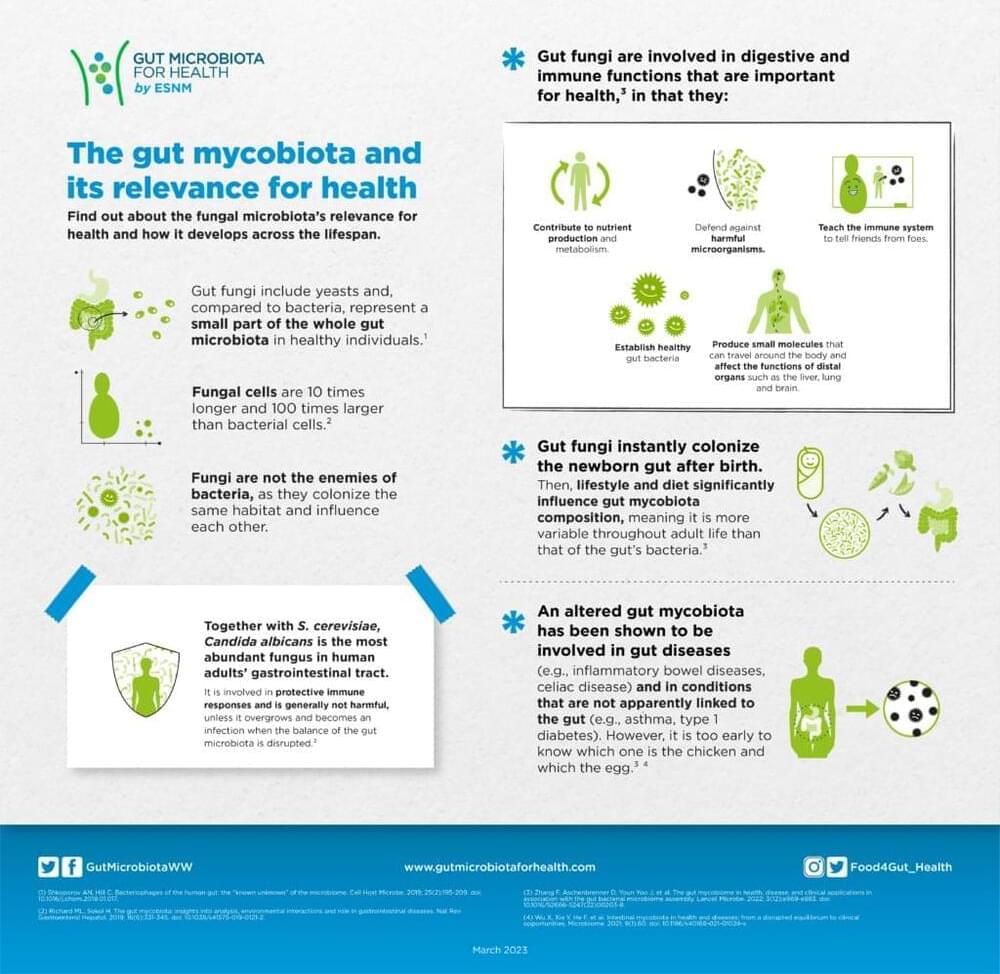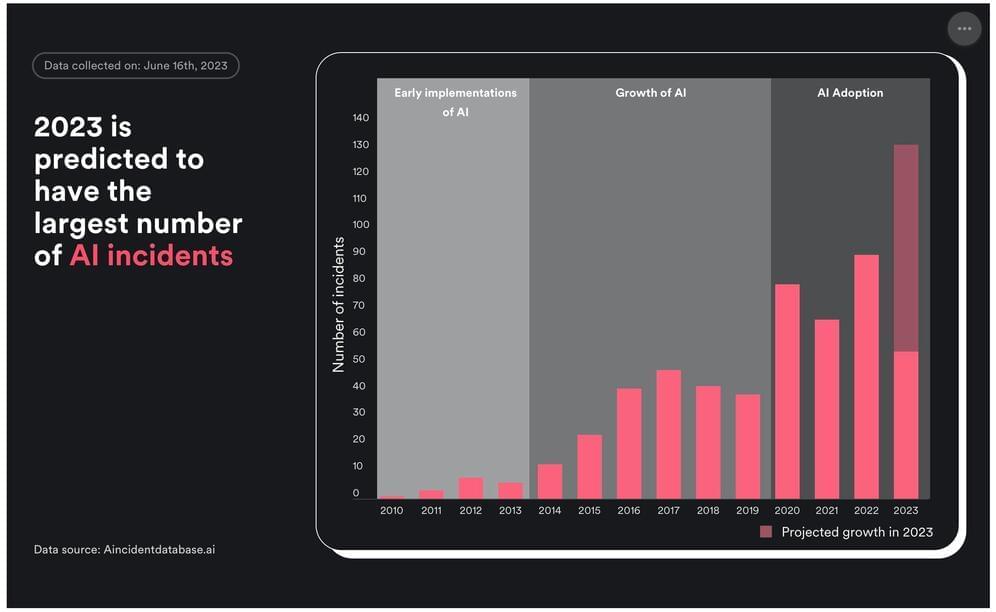Knowing that you’ve inherited genetic mutations that increase the risk of cancer can help you catch the disease earlier, and if diagnosed, choose the most effective treatments. But despite guidelines that recommend genetic testing for the majority of cancer patients, far too few are tested, according to new research by Stanford Medicine scientists and collaborators.
Among more than a million patients with cancer, only 6.8% underwent germline genetic testing — an analysis of inherited genes — within two years of diagnosis, according to the study published June 5 in the Journal of the American Medical Association. The rates were particularly low among Asian, Black and Hispanic patients.
“When we’re talking about cancer risk, germline genetic testing looks specifically at the genes that, if altered in a way that is harmful, give people a much higher risk of cancer than the average person,” said Allison Kurian, MD, professor of epidemiology and population health, who is the lead author of the study.




